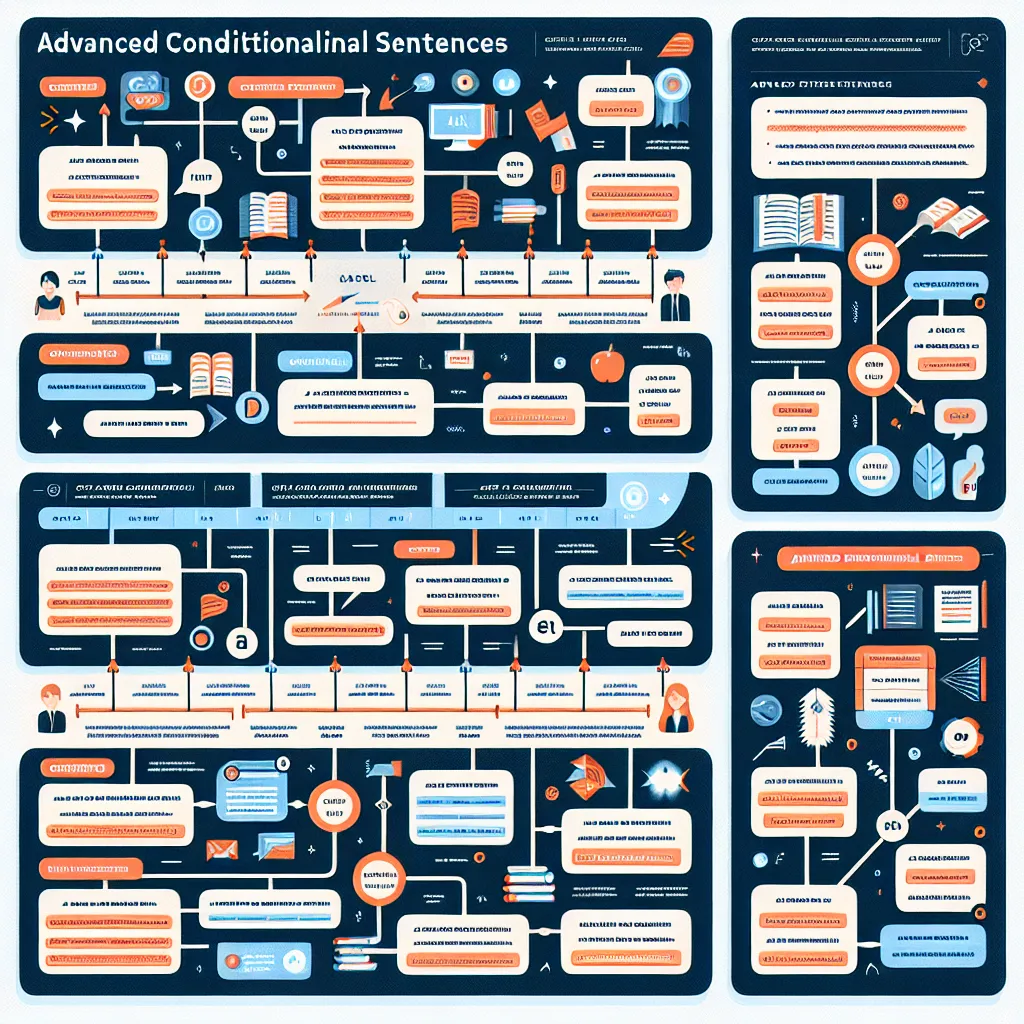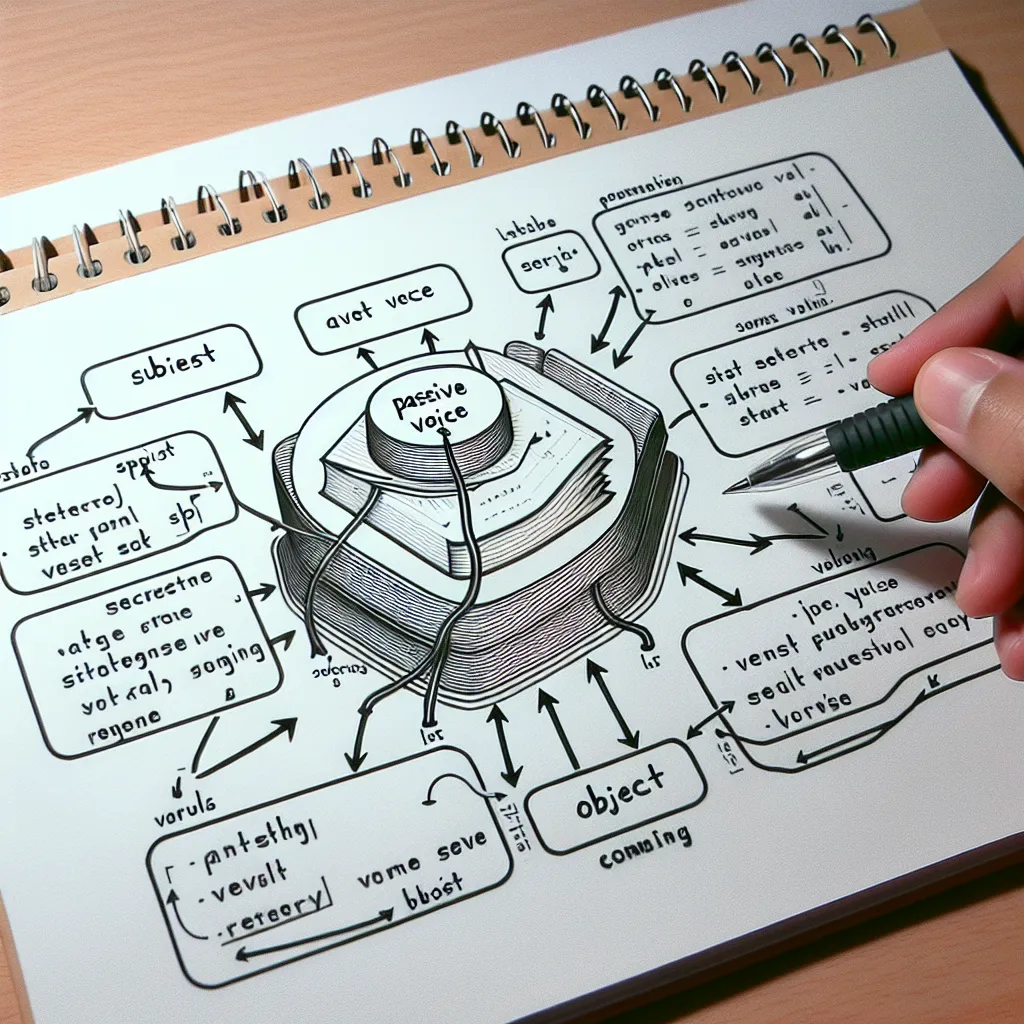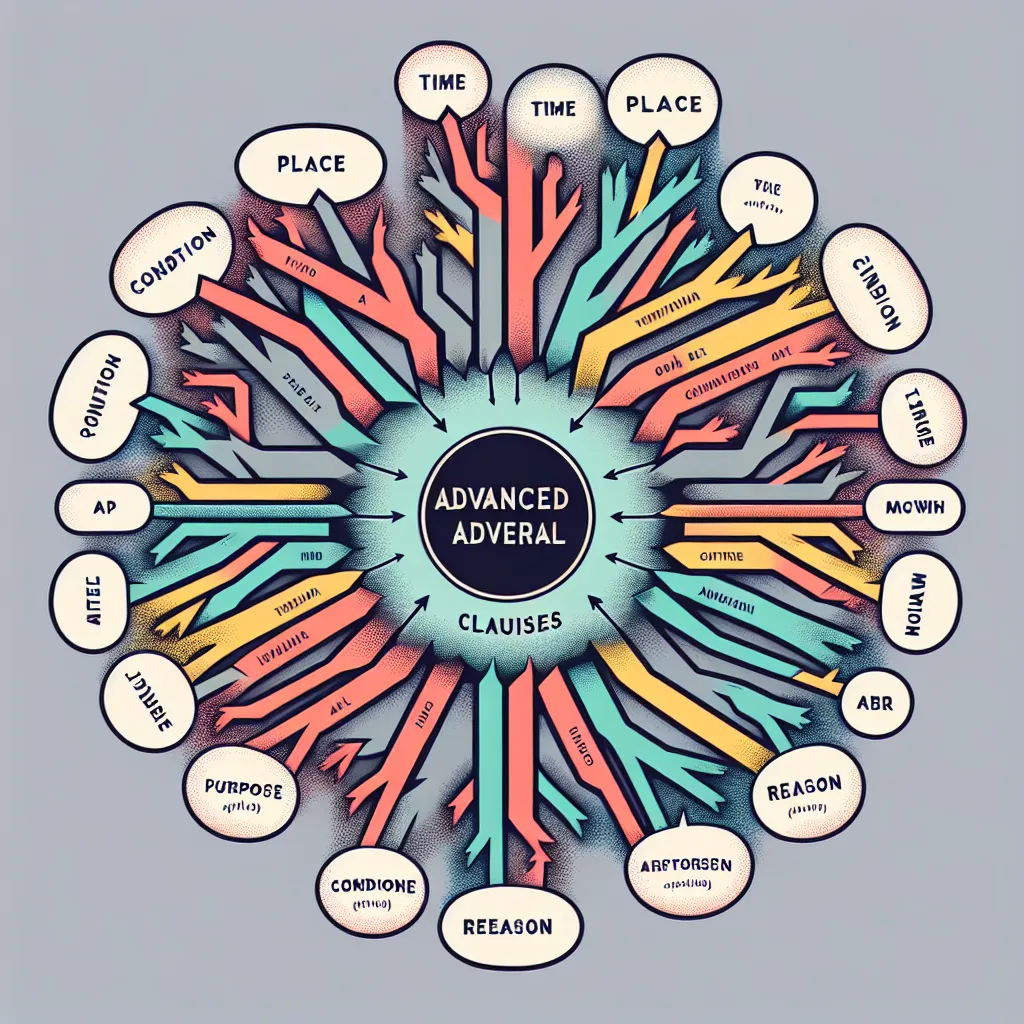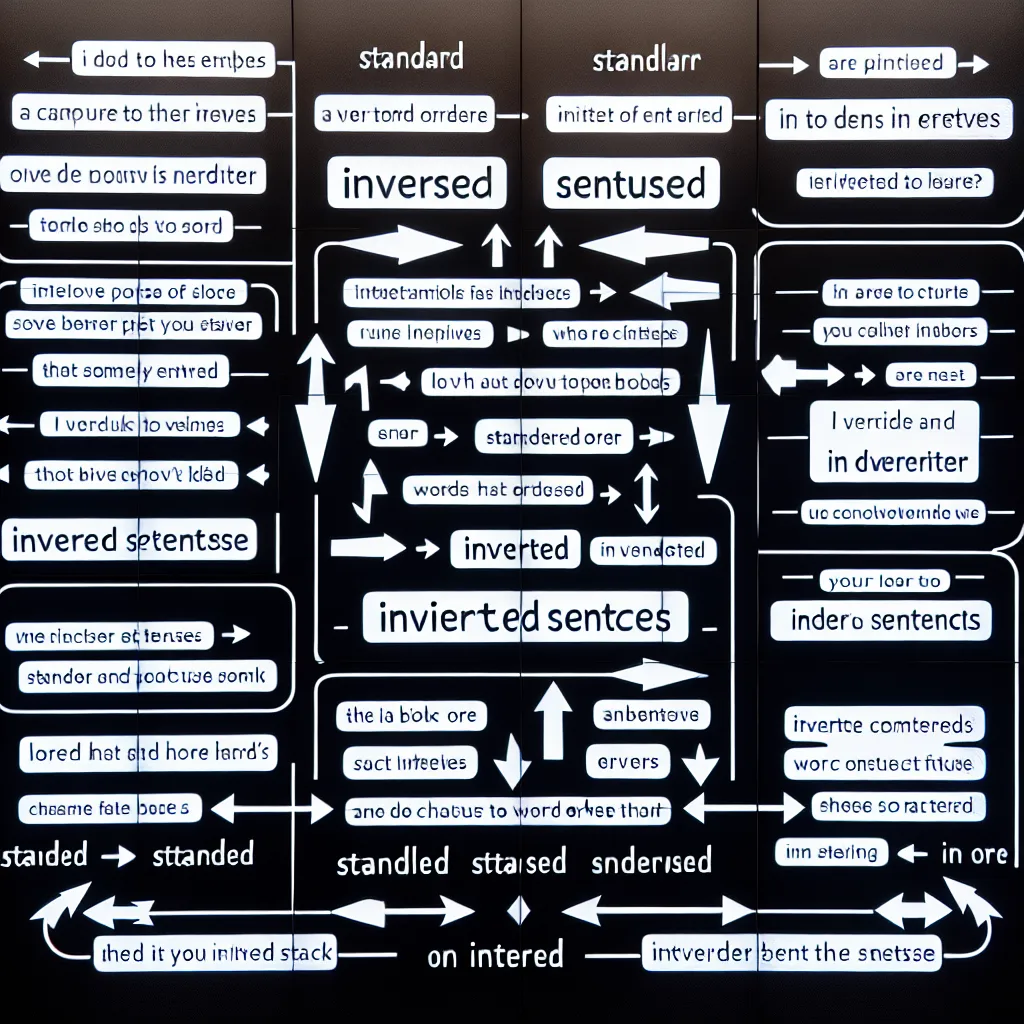Are you looking to take your English grammar skills to the next level? Advanced English Conditional Sentences are a crucial aspect of the language that can significantly enhance your communication abilities. This guide will walk you through everything you need to know about these complex structures, providing you with the tools to express sophisticated ideas with clarity and precision.
Understanding Advanced English Conditional Sentences
Advanced conditional sentences go beyond the basic “if…then” structure, allowing for more nuanced expressions of hypothetical situations, regrets, and complex cause-and-effect relationships. Mastering these structures is essential for academic writing, professional communication, and advanced English proficiency tests like IELTS and TOEFL.
 Advanced English Conditional Sentences
Advanced English Conditional Sentences
Types of Advanced Conditionals
- Mixed Conditionals
- Inverted Conditionals
- Double Conditionals
- Implied Conditionals
Let’s dive deeper into each type and explore how they function in real-world contexts.
Mixed Conditionals: Blending Time and Possibility
Mixed conditionals combine different time frames, allowing speakers to express complex ideas that link past, present, and future.
Example:
“If I had studied harder in school (past), I would have a better job now (present).”
This sentence combines a past condition with a present result, illustrating how past actions can affect current situations.
For more insights on using advanced grammar in various contexts, check out our article on how to use advanced grammar in strategic planning.
Inverted Conditionals: Elevating Your Writing Style
Inverted conditionals omit “if” and invert the subject and auxiliary verb, creating a more formal and sophisticated tone.
Example:
“Had I known about the traffic (past perfect), I would have left earlier (past conditional).”
This structure is particularly useful in academic writing, adding a layer of elegance to your prose.
Double Conditionals: Expressing Complex Scenarios
Double conditionals involve two conditional clauses, allowing for the expression of more complex hypothetical situations.
Example:
“If it were to rain tomorrow (first conditional), we would cancel the picnic (second conditional), but if it didn’t (third conditional), we could still go ahead with our plans.”
This structure demonstrates the ability to consider multiple outcomes within a single sentence, a valuable skill for strategic planning and decision-making.
Implied Conditionals: Subtlety in Expression
Implied conditionals do not use “if” but still convey a conditional meaning through context or other grammatical structures.
Example:
“Without your help (implied condition), I couldn’t have finished the project on time.”
This structure allows for more concise expression while maintaining the conditional meaning.
Tips for Mastering Advanced Conditionals
- Practice regularly with authentic materials, such as news articles and academic papers.
- Pay attention to context and the subtle differences in meaning between various conditional structures.
- Use advanced conditionals in your writing and speaking to internalize their structure and usage.
- Study example sentences and try to create your own based on different scenarios.
For a comprehensive overview of advanced grammar rules, visit our guide on English grammar rules for advanced learners.
Common Pitfalls and How to Avoid Them
- Mixing up tenses: Ensure that your tenses align logically within the conditional structure.
- Overcomplicating: While advanced conditionals are powerful, sometimes simpler structures are more effective. Use them judiciously.
- Ignoring context: Remember that the choice of conditional structure should always be guided by the context and the intended meaning.
Practical Exercises to Enhance Your Skills
- Rewrite simple conditionals as mixed or inverted conditionals.
- Create scenarios that require double conditionals and practice expressing them.
- Identify implied conditionals in literature or news articles and explain their meaning.
For more advanced exercises and challenges, explore our article on mastering the use of advanced conditional clauses.
Conclusion
Advanced English conditional sentences are a powerful tool for expressing complex ideas and hypothetical situations. By mastering these structures, you can significantly enhance your English proficiency, whether for academic pursuits, professional communication, or personal growth. Remember to practice regularly, pay attention to context, and don’t be afraid to experiment with these advanced structures in your own writing and speaking.
We encourage you to explore the resources linked throughout this article for more in-depth study and practice. Share your experiences with advanced conditionals in the comments below, and don’t hesitate to ask questions if you need further clarification on any aspect of this challenging but rewarding area of English grammar.




